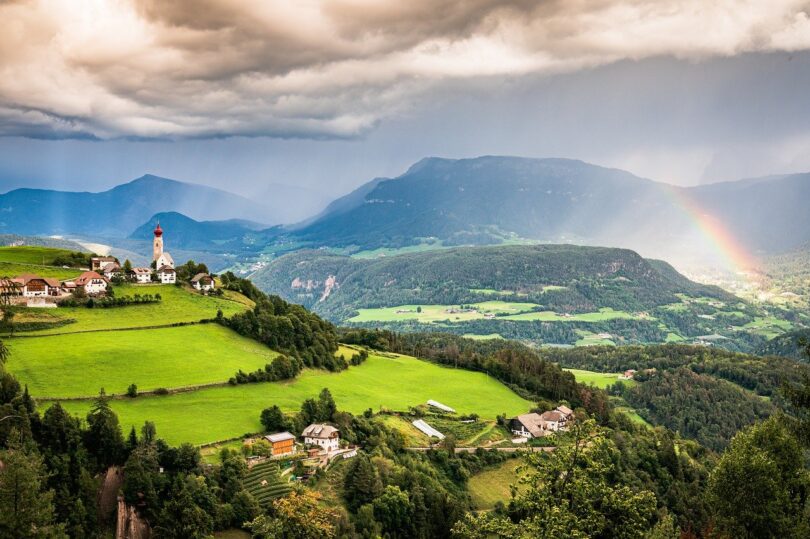Nature is full of incredible wonders, many of which we barely scratch the surface of in our everyday lives. From the tiniest microorganisms to the vast expanses of the oceans, nature’s mysteries are endless. If you’re a fan of the natural world and love learning new things, then this blog is for you. Get ready to amaze your brain with some cool nature facts that you probably didn’t know!
1. There Are More Trees on Earth Than Stars in Our Galaxy
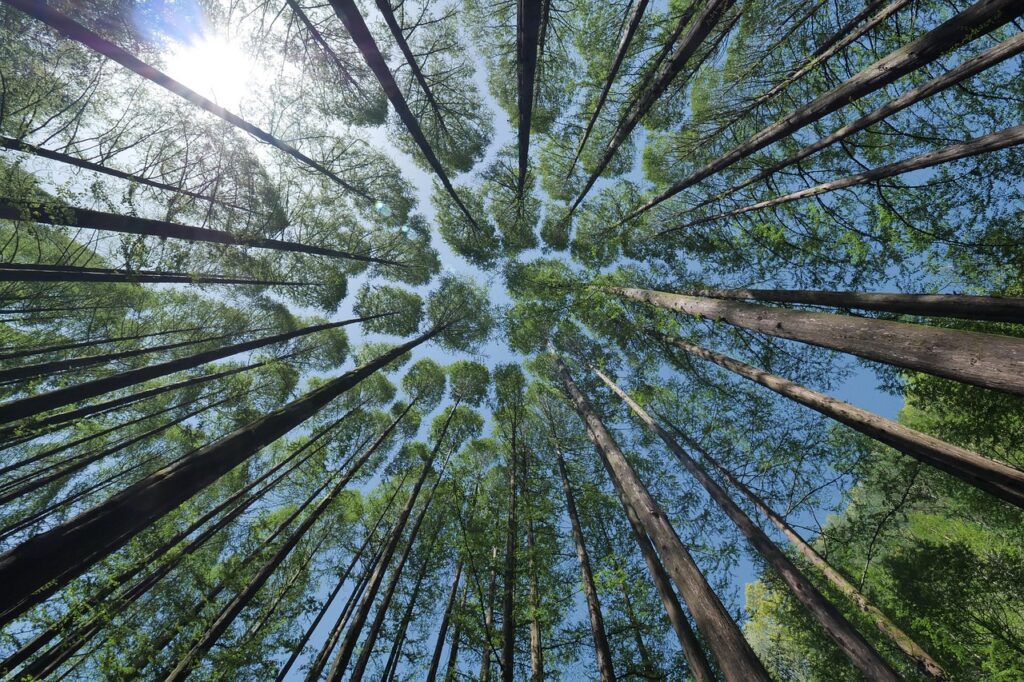
It’s hard to wrap your head around the sheer scale of this fact: Earth is home to an estimated 3 trillion trees, while the Milky Way galaxy has somewhere between 100 billion to 400 billion stars. This staggering number of trees emphasizes how abundant and essential forests are in sustaining life on our planet. Trees help regulate the climate, absorb carbon dioxide, and provide oxygen for all living creatures. Isn’t that amazing?
2. A Single Cloud Can Weigh More Than 1 Million Pounds
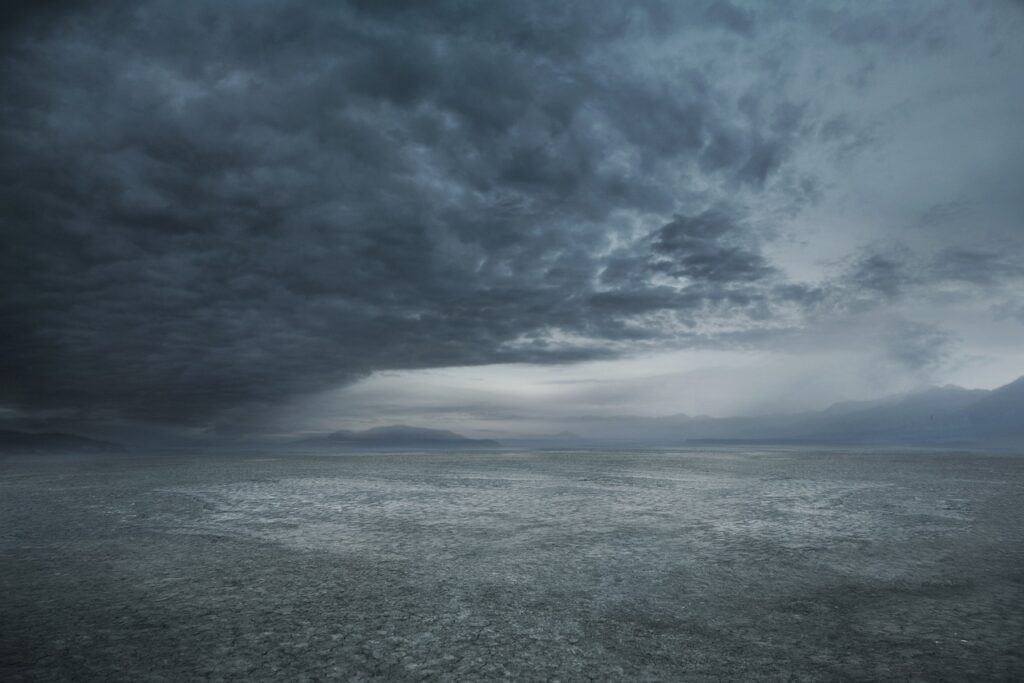
Clouds are far heavier than we might think. Even though they look soft and fluffy, a single cloud can weigh as much as 1 million pounds. The weight of clouds comes from the water vapor they hold. When this vapor condenses into droplets, it forms rain, which replenishes freshwater sources on Earth. So, next time you see a cloud, remember that it’s carrying a lot more than just a beautiful view!
3. The Amazon Rainforest Produces 20% of the World’s Oxygen
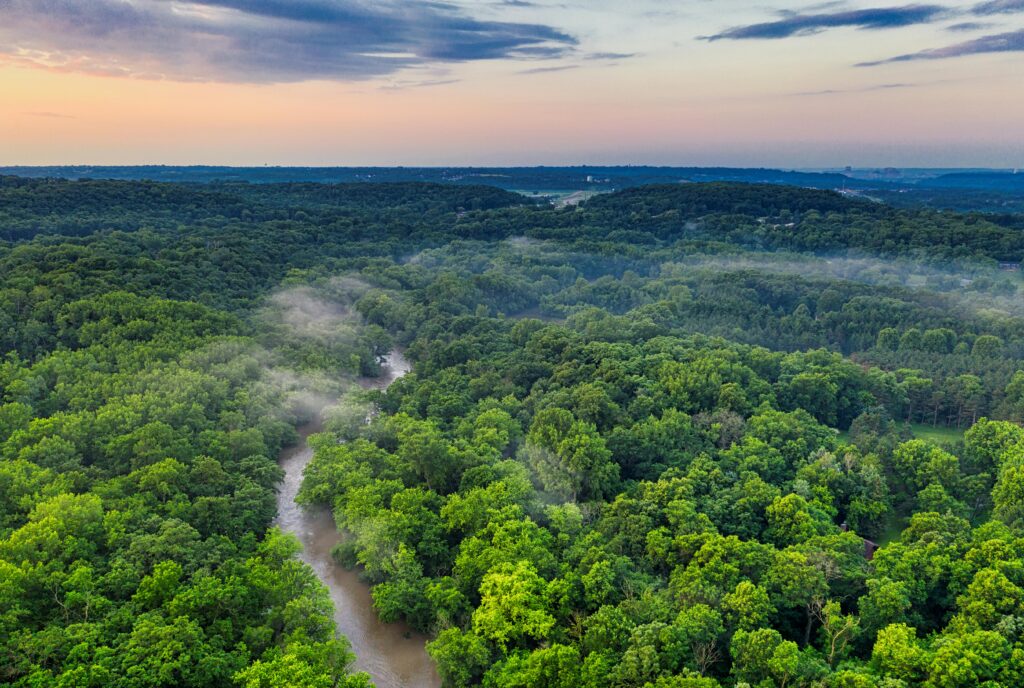
Often referred to as the “lungs of the Earth,” the Amazon rainforest is a vital part of the global ecosystem. It produces roughly 20% of the world’s oxygen, supporting not only the animals that live there but also life across the globe. The massive forest absorbs huge amounts of carbon dioxide and releases oxygen through the process of photosynthesis, playing a crucial role in regulating the planet’s atmosphere and combating climate change.
4. Some Turtles Can Live to Over 100 Years Old
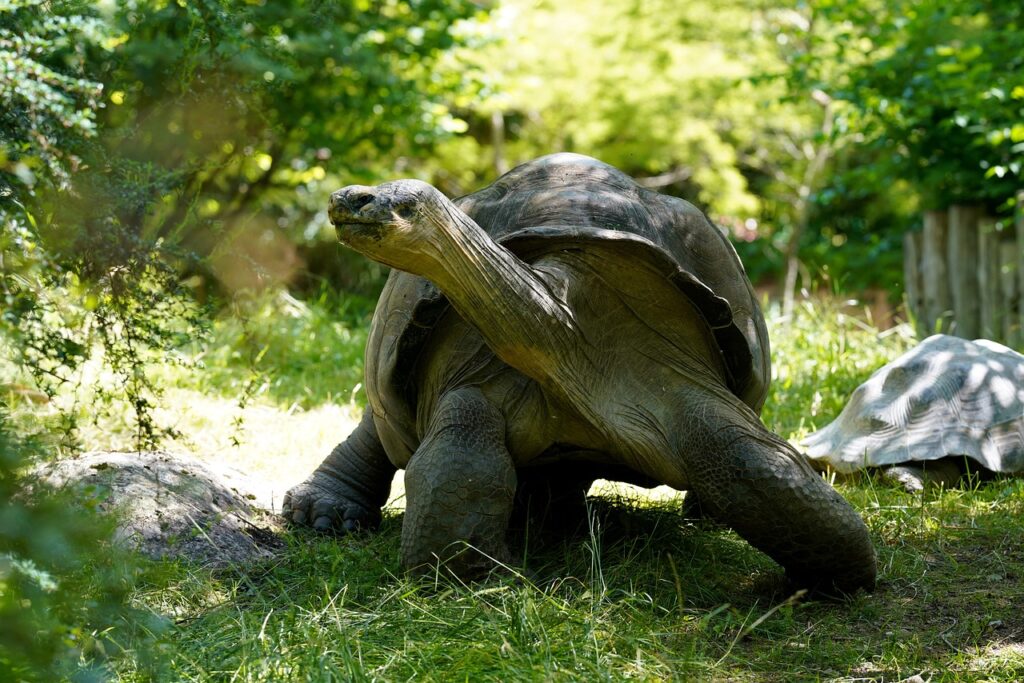
Turtles are some of the longest-living animals on Earth. The Aldabra giant tortoise, for example, can live for over 100 years, and there are even reports of some living to 200 years! Their slow metabolism and protective shell are thought to help them lead such long lives. Imagine living for over a century – turtles really do live up to their reputation of slow and steady!
5. Honey Never Spoils

Honey is not only delicious but incredibly resilient. Archaeologists have discovered pots of honey in ancient Egyptian tombs that are over 3,000 years old—and still perfectly edible! This is because honey has natural preservatives, such as low moisture content and high acidity, which prevent bacteria and microorganisms from thriving in it. So, if you ever find a jar of honey at the back of your pantry, don’t worry—it’s still good to use!
6. The Earth’s Oceans Hold 99% of the Planet’s Water
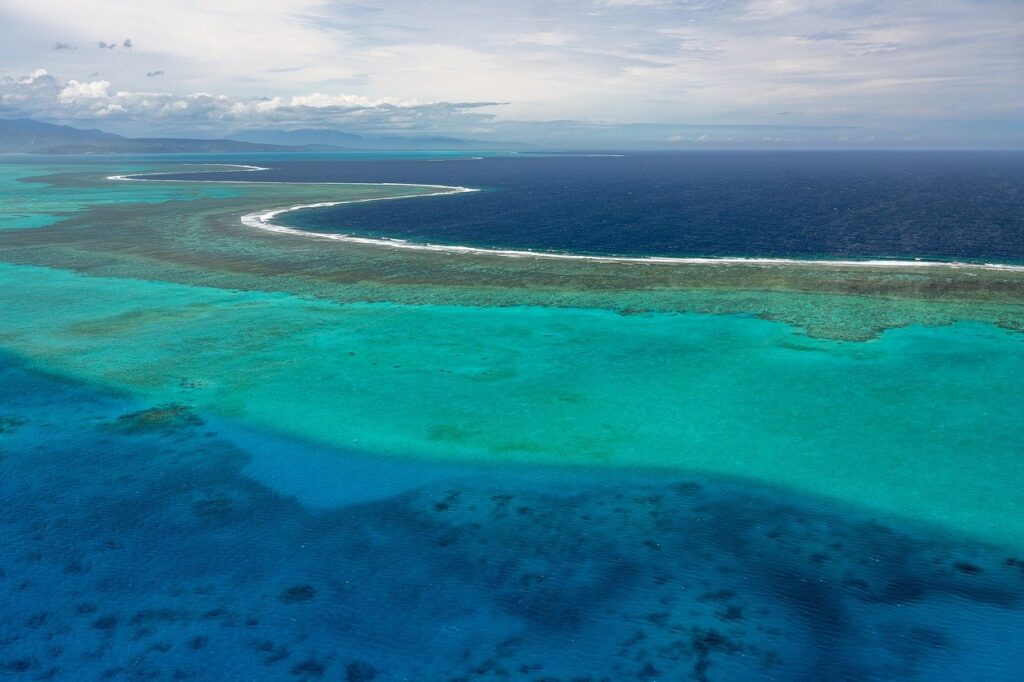
While we think of oceans as vast and deep, did you know that they hold a staggering 99% of the Earth’s water? Only a small fraction of water is contained in lakes, rivers, and glaciers, with most of Earth’s liquid water residing in the salty oceans. These oceans are not only a source of water but also a key driver of climate patterns, supporting marine life and regulating temperatures around the globe.
7. The Earth’s Magnetic Field Protects Us from the Sun’s Radiation
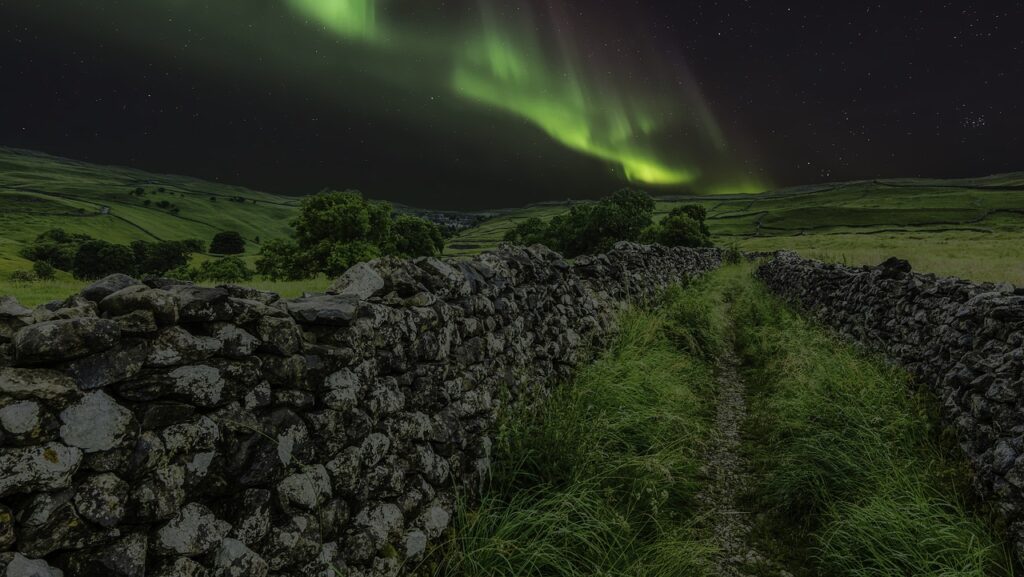
Earth’s magnetic field acts like a shield, protecting us from the harmful radiation emitted by the sun. Without this invisible force field, life as we know it would be unable to survive. The magnetic field deflects harmful solar particles and cosmic radiation, allowing us to thrive in a relatively stable environment. This natural protection is one of the reasons our planet is so unique in the universe.
8. Octopuses Have Three Hearts
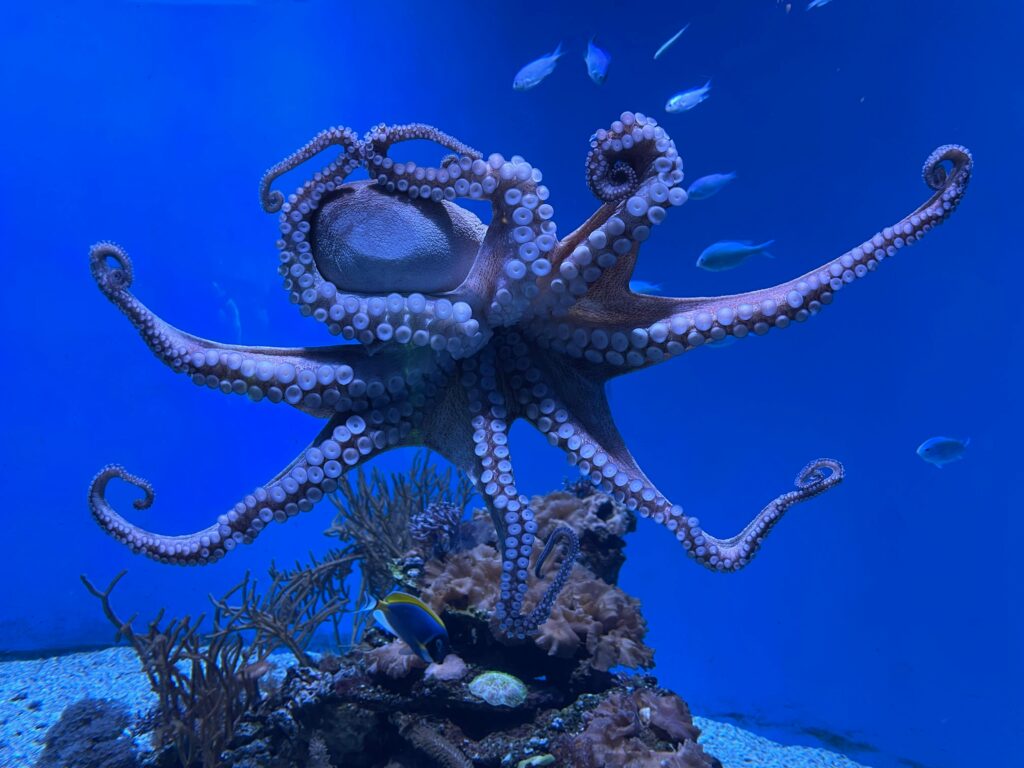
Octopuses are fascinating creatures, and one of their most remarkable features is their three hearts. Two hearts pump blood to the gills, while the third heart pumps it to the rest of the body. When an octopus swims, the heart that delivers blood to the body stops beating, which is why these creatures prefer crawling to swimming—it’s less tiring for them!
9. The Deepest Part of the Ocean is Called the Challenger Deep
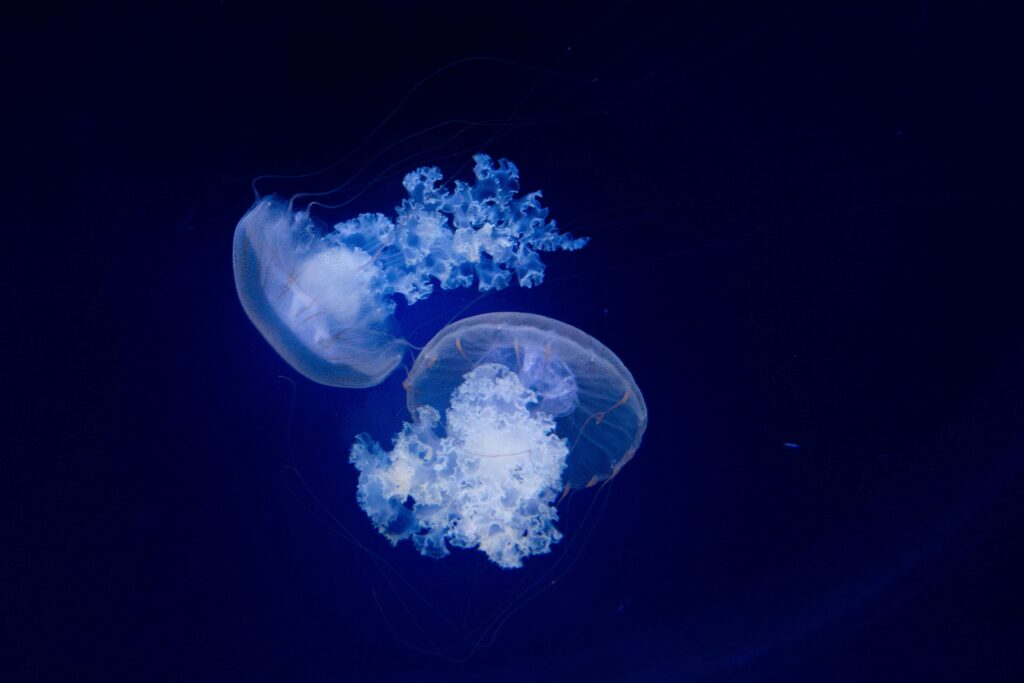
The Challenger Deep, located in the Mariana Trench in the Pacific Ocean, is the deepest known point in the Earth’s oceans. It reaches a depth of about 36,070 feet (10,994 meters), which is deeper than Mount Everest is tall! This part of the ocean remains largely unexplored, and scientists believe that there could be countless unknown species living in this extreme environment.
10. A Day on Venus is Longer Than a Year on Venus
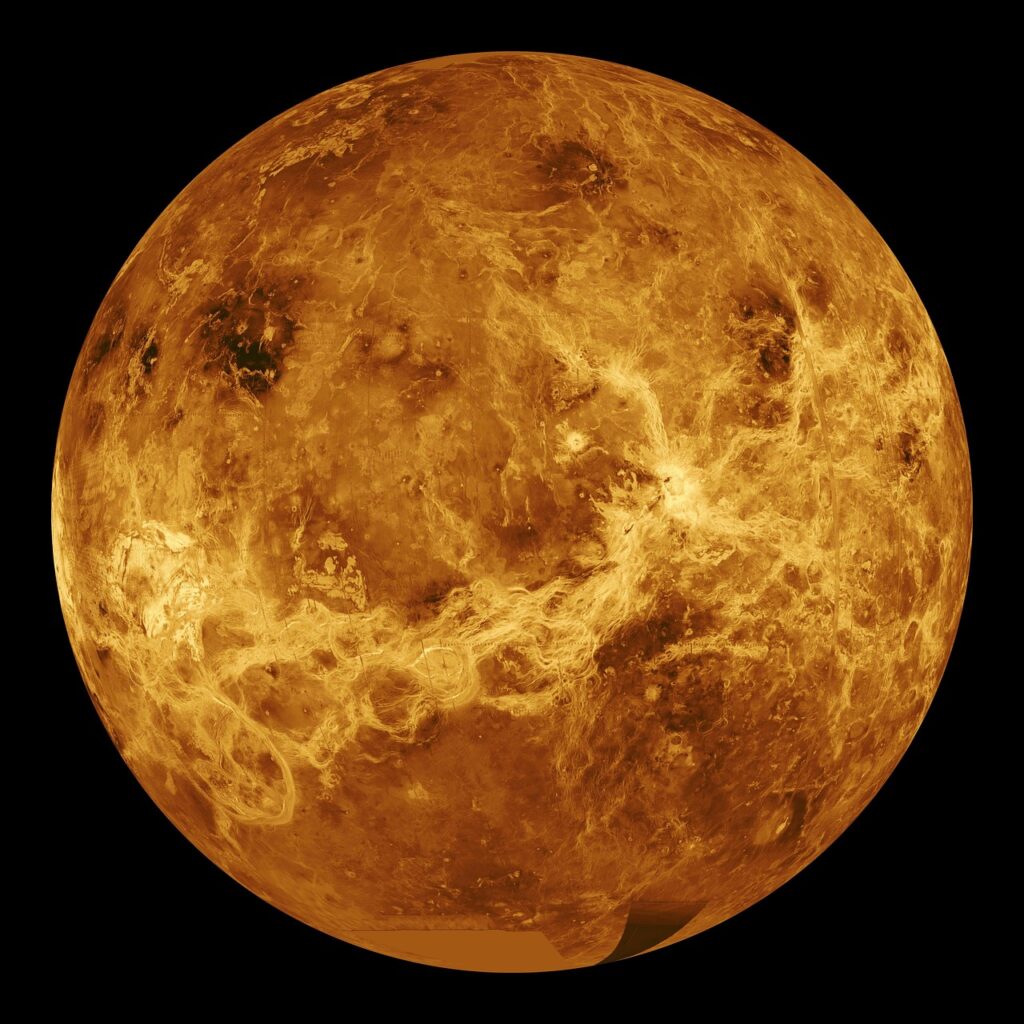
Venus has one of the most unusual day-night cycles in the solar system. A single rotation on Venus takes 243 Earth days, which is longer than its orbital period around the sun (which is only 225 Earth days). This means that a day on Venus lasts longer than a year on Venus! It’s a mind-bending fact about our neighboring planet that shows how different other planets can be from Earth.
Conclusion
From the vast number of trees that outnumber the stars to the extraordinary creatures like the octopus and the turtle, nature is full of mind-blowing facts. These cool nature facts not only leave us amazed but also remind us of the incredible and diverse world we live in. Nature is truly full of surprises, and the more we learn about it, the more we realize how much there is still to discover!



